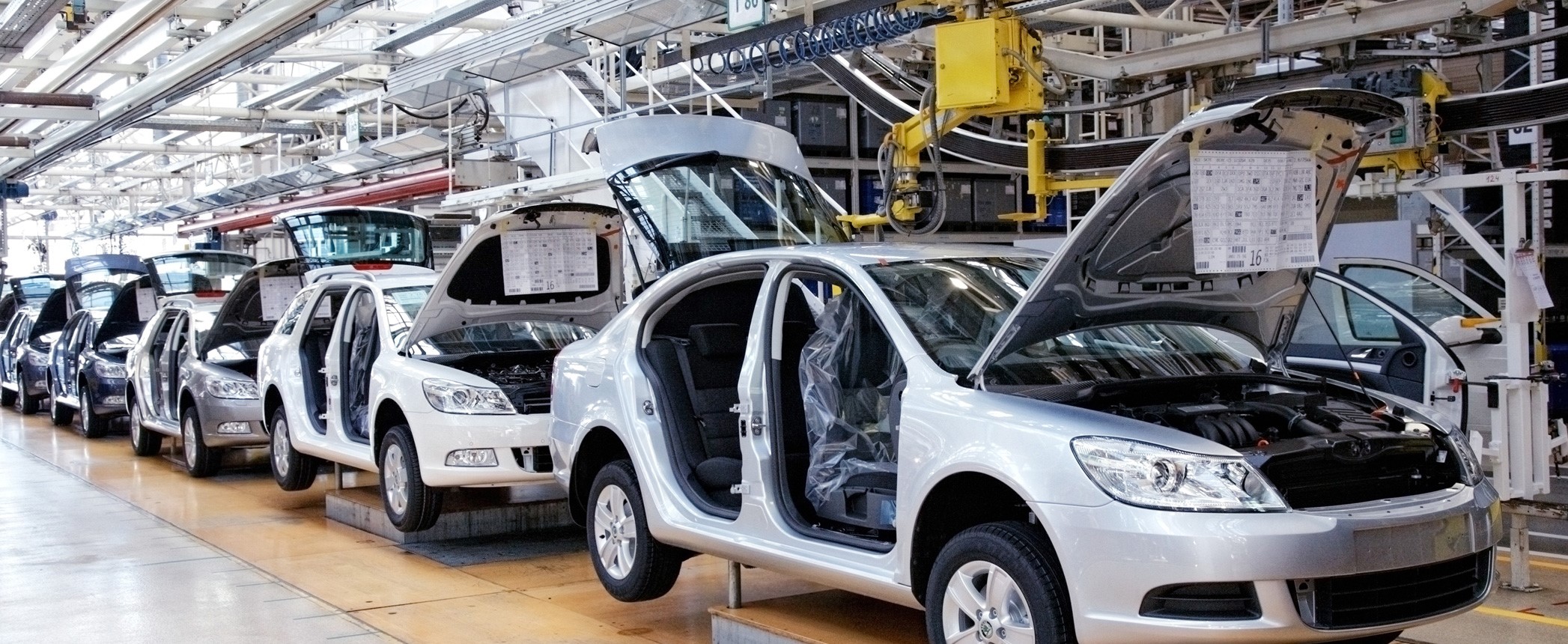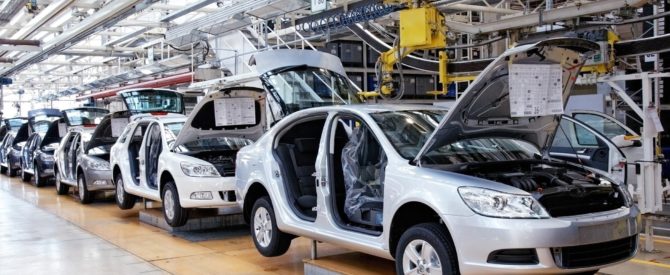
The auto industry is among those staggered by the Covid-19 pandemic, as car makers around the world have shuttered factories to keep the disease from spreading through their facilities and work forces.
Those closings have added weight to the impacts felt by the lubricant industry, disrupting supply of factory fill products and curtailing consumption of metalworking fluids and some other industrial lubes.
From Audi to Vauxhall, automakers are cutting back on operations in efforts to constrain the virus that has spread to more than 170 countries. In the United States, numerous domestic and foreign car plants have temporarily closed with some planning restart dates weeks away. Fiat Chrysler and Volvo have closed facilities and said they will not resume operations until or around April 14. Toyota extended its shutdowns to April 20, and Ford said its factories will stay closed indefinitely, though it plans to start manufacturing ventilators at one of its U.S. facilities on April 20.
General Motors is making ventilators at two U.S. factories and has not said when others will reopen. Tesla shuttered a California plant later than other automakers and said it could begin ventilator production soon.
In Europe, Volkswagen closed factories in several countries late last month, advising at the time that they would reopen in two weeks. France-based PSA Group said it is reevaluating plans for its European factories after initially scheduling to reopen them in late March. Mercedes and BMW targeted mid-April reopenings, while Ford is expected to restart factories in the United Kingdom on May 4. Renault said timelines for its plants will depend on conditions in individual countries.
Assembly plants in China have begun to resume operations, but facilities in other parts of Asia remain closed with few firm schedules to reopen. Japanese and Korean automakers say it is difficult to predict when the crisis will end.
Auto factory closings don’t have much impact on overall consumption of lubricants used in light-duty vehicles, though analysts noted that demand for passenger car engine oils has been hurt by the sharp decrease in individual travel. Industry observers said closings do directly impact oil marketers that supply lubes to those facilities for initial fill.
“There’s definitely an impact on factory fill business as long as auto plants stay closed and even after they reopen as sales ramp back up,” said Ernie Henderson, president of K&E Petroleum Consulting. In the U.S., sales of new passenger cars, pickup trucks, sport utility vehicles and other light-duty vehicles totaled 16.9 million in 2019, and factory fill engine oil volume for them would have been roughly 17 million gallons, or 58,000 metric tons. Global light-duty vehicle sales were 66 million last year.
Passenger car factory fill contracts tend to go to large international oil companies, such as Shell, ExxonMobil, Phillips 66, Total, Sinopec and JXTG, though some companies farm some of their production to toll blenders. Most factory fill lubes are delivered in bulk, making them efficient to produce and supply. Margins tend to be relatively low, but suppliers view them as a way to get other important business, such as contracts to supply dealerships for replacement fill or to win automaker endorsements.
Lube Report contacted several of the companies mentioned above, but they declined to discuss impacts on their factory fill business. Analysts contacted for this article predicted that factory fill sales lost during factory closings will not be made up after the crisis ends.
“Auto sales will recover when this is all over,” Henderson predicted, “but it will take a while, and you won’t see a surge that makes up for sales being lost now. If U.S. auto sales normally are 16 million a year, and this goes on for about a quarter, then you could see sales dip as low as 10 or 11 million vehicles this year. And factory fill lubricant volumes would fall by a corresponding amount.”
A decline in automobile manufacturing also affects other parts of the lubricants industry, analysts noted. Including manufacturers of the various components used to build vehicles, the industry is one of the biggest consumers of metalworking fluids. Assembly plants and parts factories also consume a variety of other types of industrial lubricants, and demand for those should also drop as a result of declining vehicle output.
Observers said that decline will result from the economic impacts of the measures taken to combat the pandemic as much as the current plant closings.
“While it appears that [closings were] generally driven by union concerns, automakers were likely going to need to do this anyway as states begin closing motor vehicle dealerships and consumers and businesses delay big ticket purchases – such as new vehicles – amid rising unemployment and the extremely high levels of economic uncertainty currently pervading the country,” said Ned Zimmerman, chemical group leader at Freedonia market research firm.

Cars on an idled assembly line at an auto manufacturing plant. In the Americas, numerous domestic and foreign car manufacturing plants have shuttered with some planning restart dates weeks away.